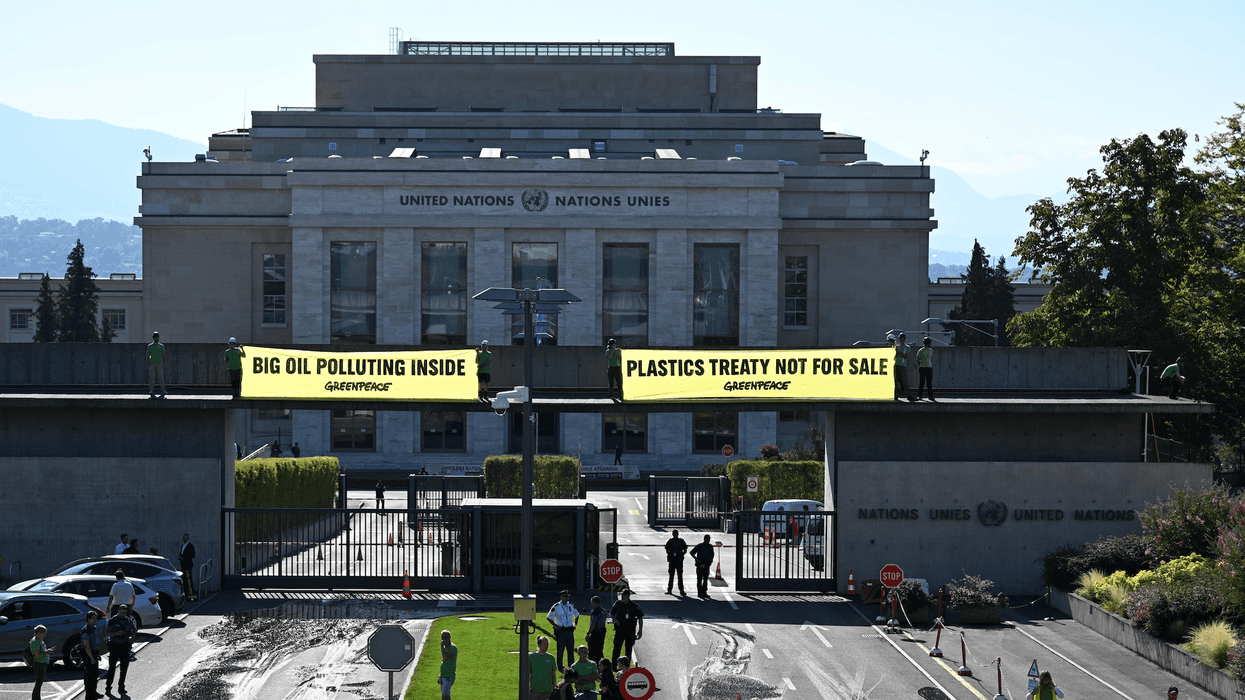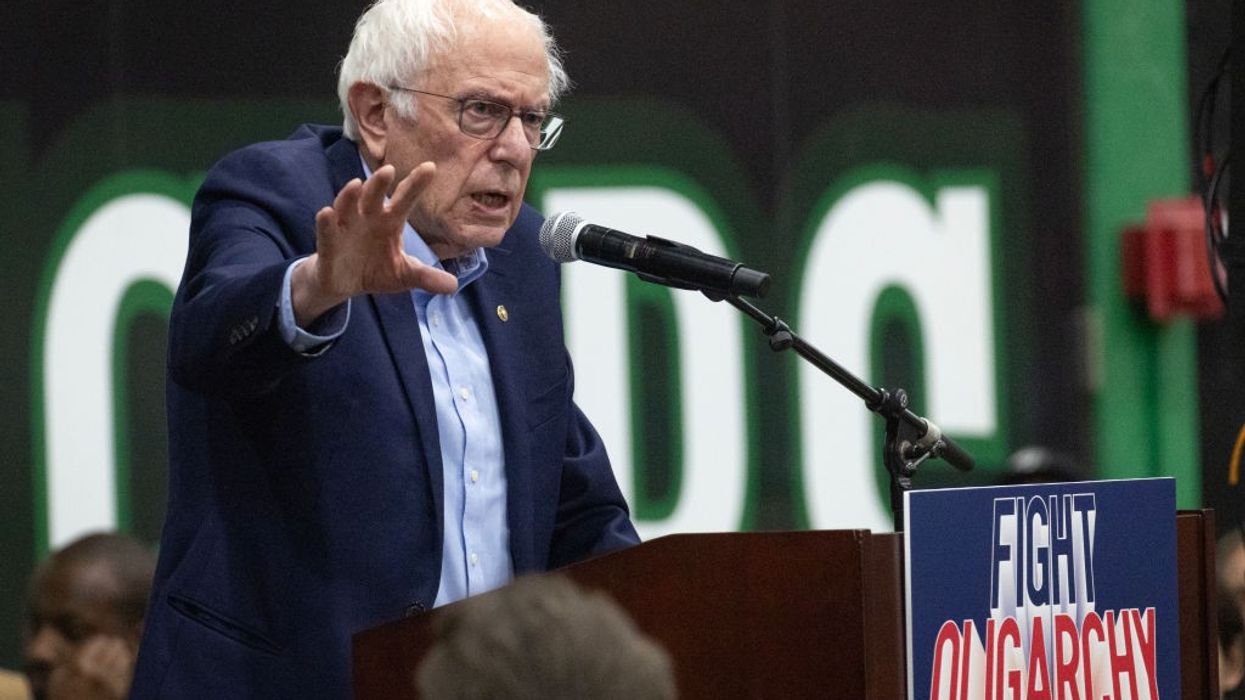European Court of Human Rights Delivers 'Quantum Leap for Climate Accountability'
"Requiring governments to assess the global climate consequences of oil and gas combustion before approving new fossil projects is common sense, and long overdue," said one campaigner.
Although the European Court of Human Rights on Tuesday sided with the Norwegian government over six young adults and a pair of climate groups, the plaintiffs still welcomed the tribunal's ruling as "a major step forward," in the words of Frode Pleym, head of Greenpeace Norway.
The case stems from the Norwegian Ministry of Petroleum and Energy granting 10 exploration licenses to 13 companies for fossil fuel production in the Arctic Barents Sea in 2016. The plaintiffs argued that doing so violated Article 8 of the European Convention on Human Rights, or the right to respect for private and family life.
The court unanimously held that "there had been no violation" of Article 8, but it also affirmed that the government must conduct a full environmental impact assessment, including greenhouse gas emissions from combustion, for any new petroleum production.
"It's a relief to see the court recognize what science has told us for years—that new oil and gas fields threaten our most basic human rights," Pleym said in a statement. "Requiring governments to assess the global climate consequences of oil and gas combustion before approving new fossil projects is common sense, and long overdue."
Young Friends of the Earth Norway, which sued alongside Greenpeace and the six individuals, also praised the ruling as progress.
"This decision is a quantum leap for climate accountability," said the group's leader, Sigrid Hoddevik Losnegård. "The government can no longer continue its oil and gas policy as if climate change doesn't exist. This judgment will have ripple effects far beyond Norway."
I can think of at least seven ways fossil fuel producers could wiggle out of this, but still: holy shit this is huge.
[image or embed]
— Dr. Genevieve Guenther (she/they) (@doctorvive.bsky.social) October 28, 2025 at 7:17 AM
The plaintiffs noted in a joint statement that the ruling "builds on" recent decisions from the International Court of Justice and the UK Supreme Court. The ICJ said in a landmark advisory opinion in July that countries have a legal obligation to take cooperative action to address the fossil fuel-driven climate emergency. At the time, Danilo Garrido, legal counsel at Greenpeace International, hailed the development as "the start of a new era of climate accountability at a global level."
That decision came roughly a year after the UK's top court ruled that Surrey authorities' approval of the Horse Hill drilling project "was unlawful" because they didn't consider "emissions that will occur when the oil produced is burnt as fuel," as required by law. Friends of the Earth UK called the ruling "a heavy blow for the fossil fuel industry" that could impact other projects.
The European court's Tuesday decision came less than two weeks away from the start of the 30th United Nations Climate Change Conference in Belém, Brazil. In preparation for COP30, the UN on Tuesday released a report warning that governments' climate plans would reduce fossil fuel emissions by just 10% by 2035 compared to 2019 levels, far short of what is needed to meet the Paris Agreement goal of limiting temperature rise this century to 1.5°C above preindustrial levels.
As Oil Change International pointed out in a June report, Norway and three other wealthy nations—Australia, Canada, and the United States—account for the majority of planned oil and gas expansion over the next decade. This month, the group commissioned a poll that found a majority of Norwegians believe their country should either stop exploring for new oil and gas or slow down the pace.
"The data show that Norwegians increasingly want political leadership that aligns the country's oil policy with its climate goals," Oil Change's North Sea campaign manager, Silje Lundberg, said Monday. "People are calling time on endless oil expansion—it's the government that's stuck in the past. The public clearly wants a plan to phase down oil and gas and deliver real climate leadership, not more empty talk from ministers protecting the industry."


